"Connecting with Specific Publics: Treating Communication Communicatively" - talk by Brenda Dervin, professor at The Ohio State University's School of Communications (2011)
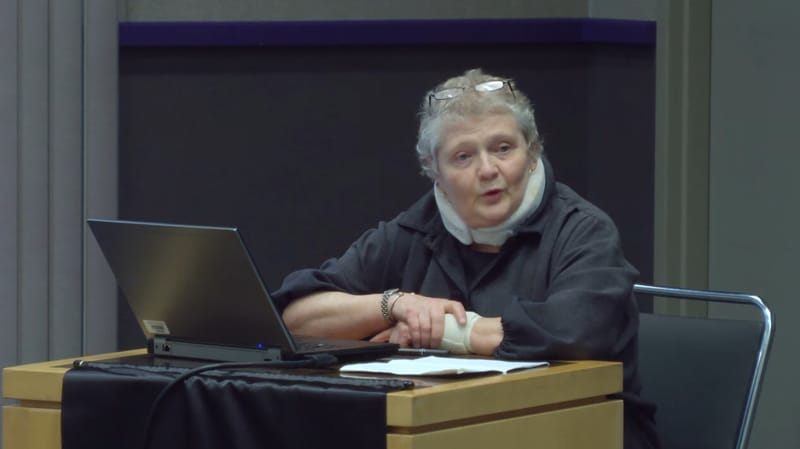
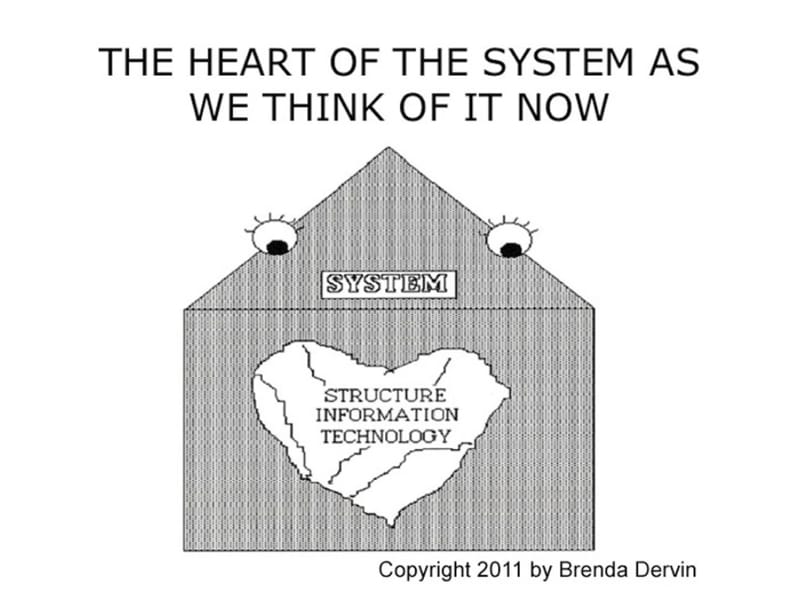
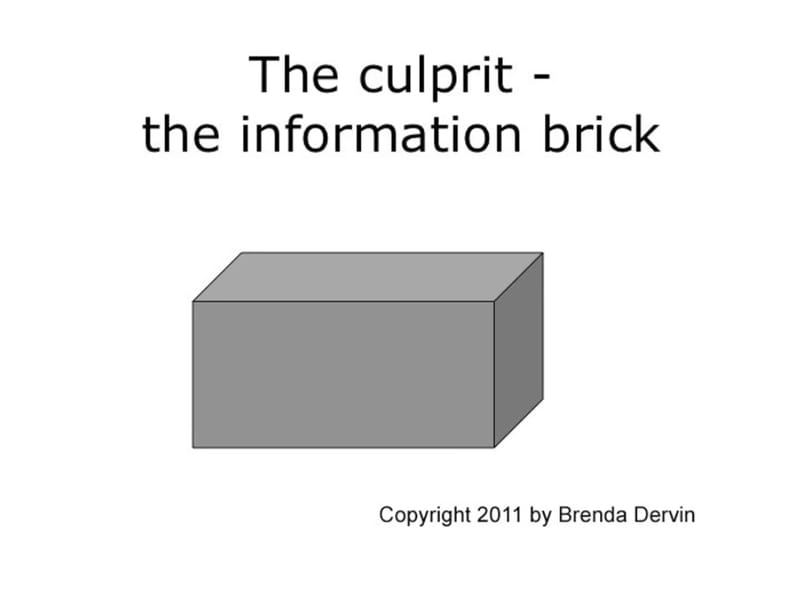
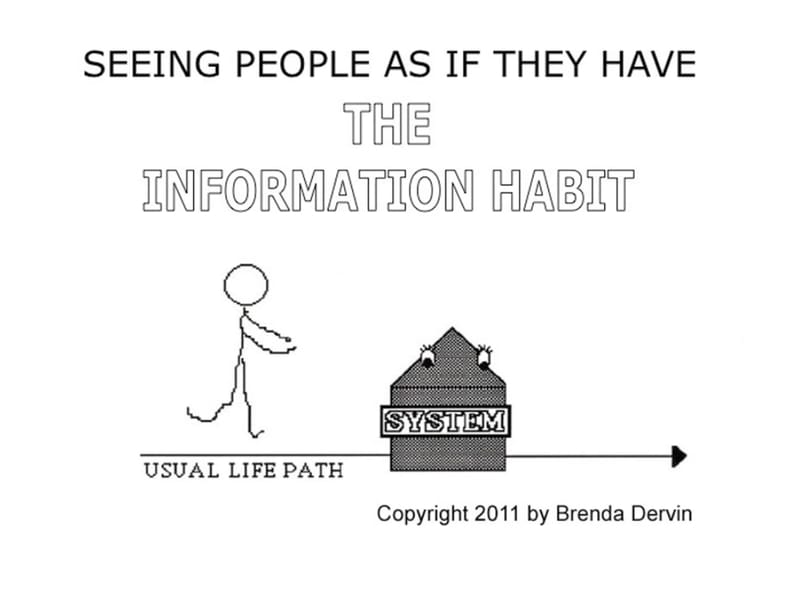
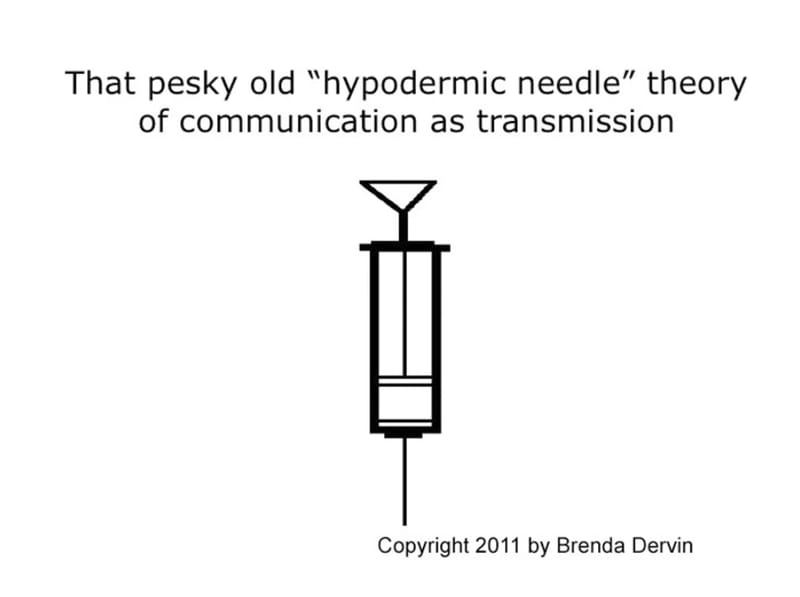
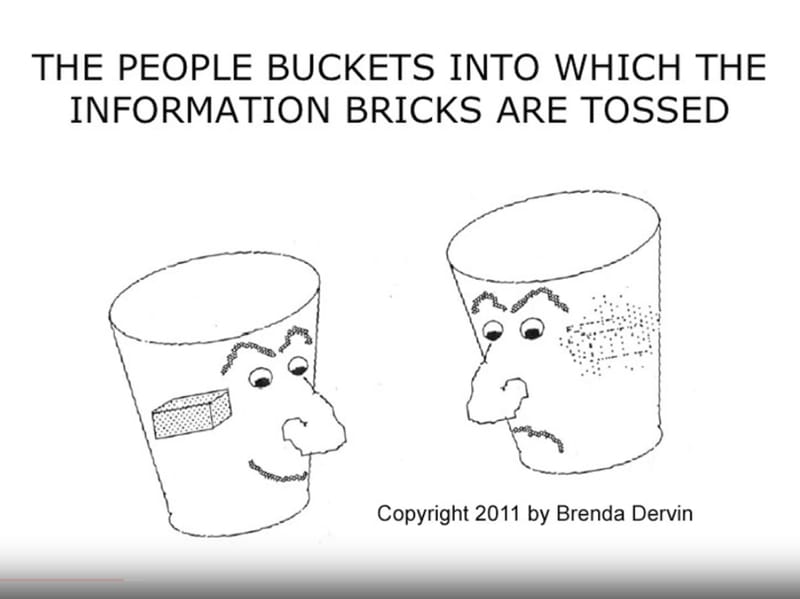
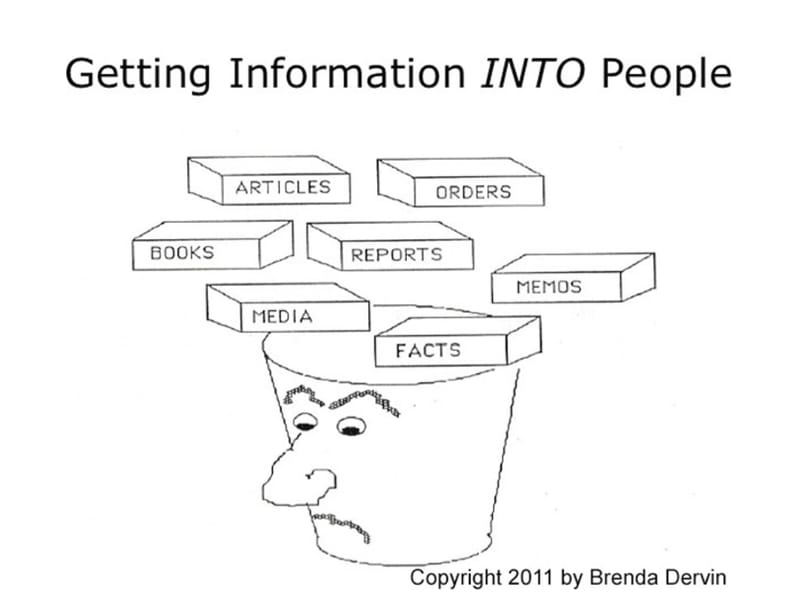
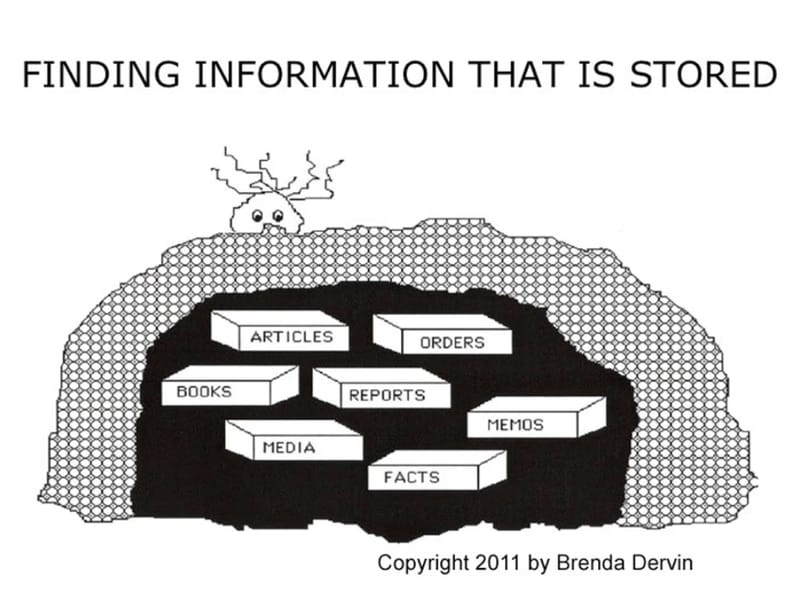
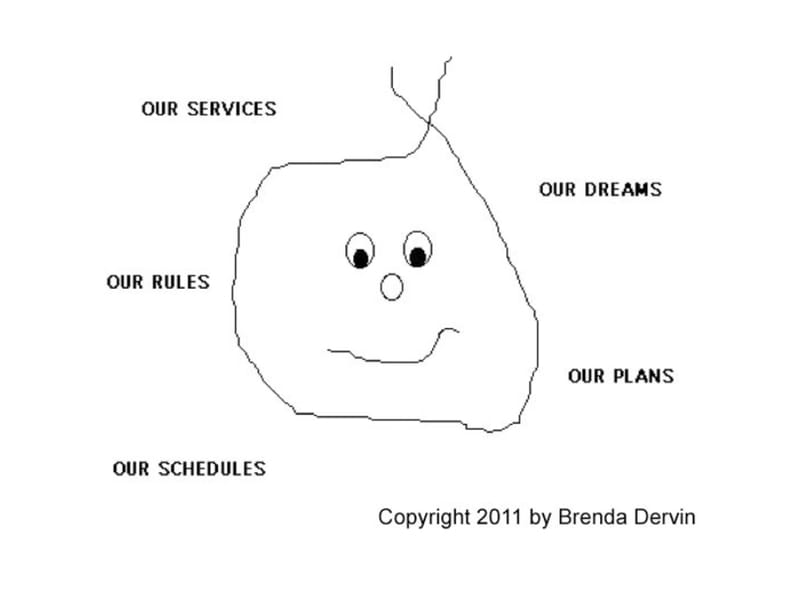
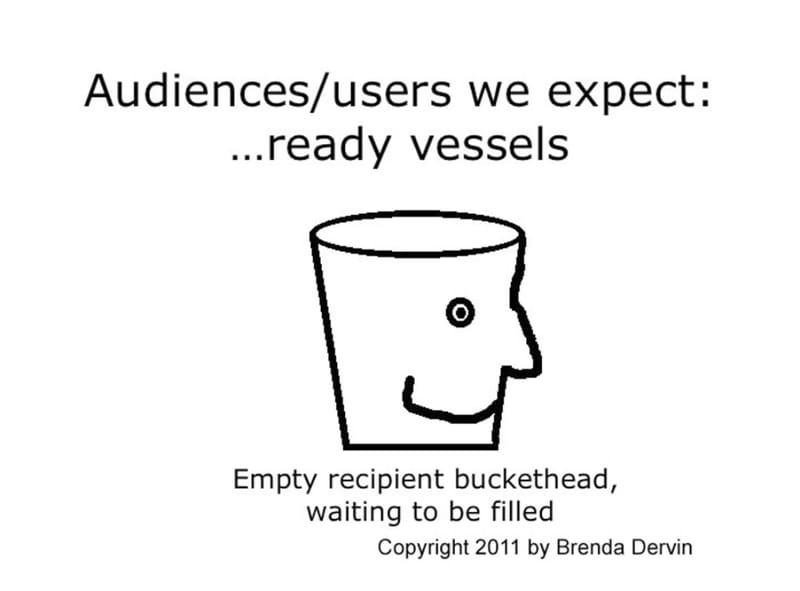
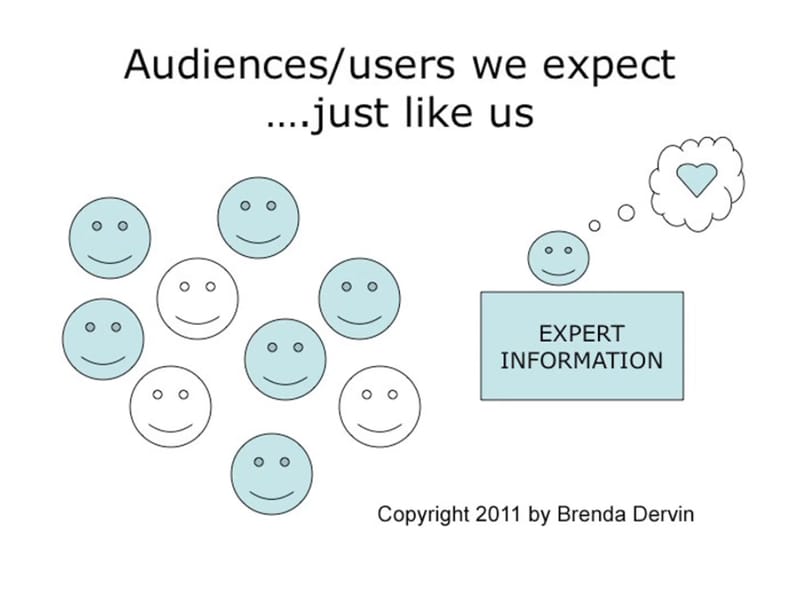
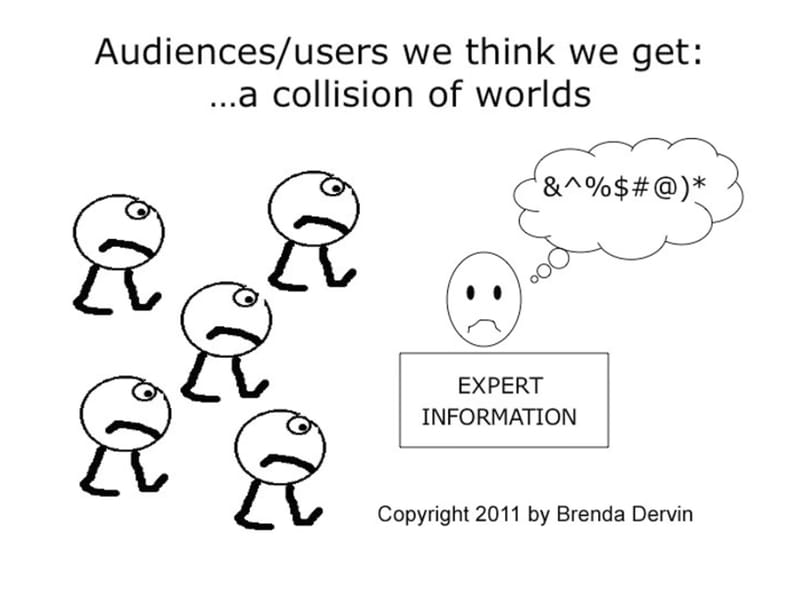
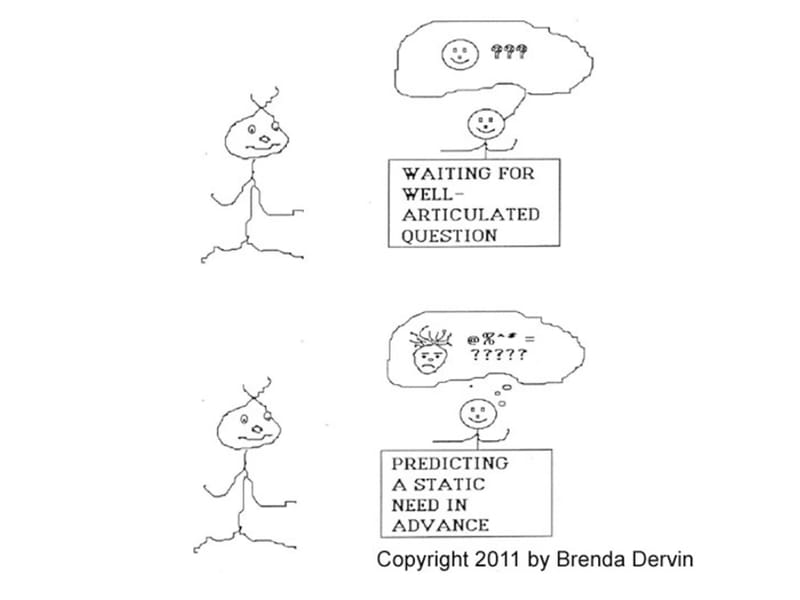
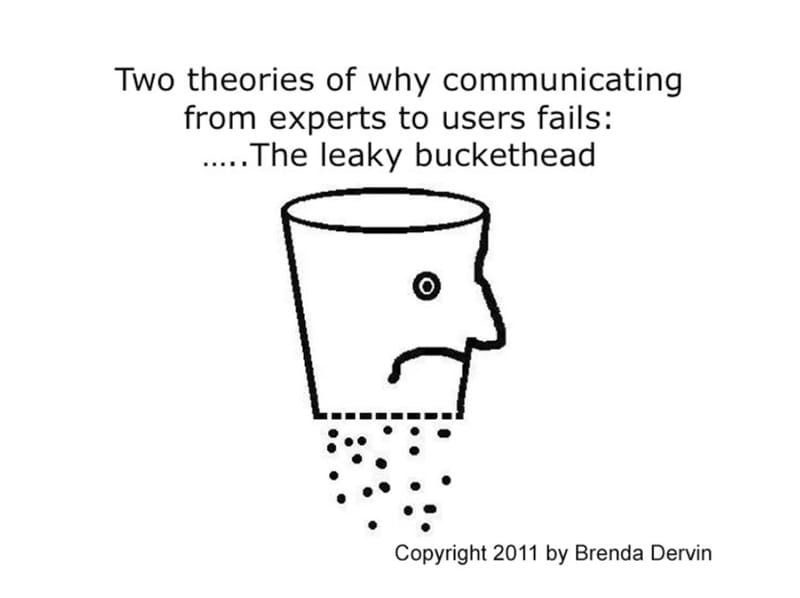
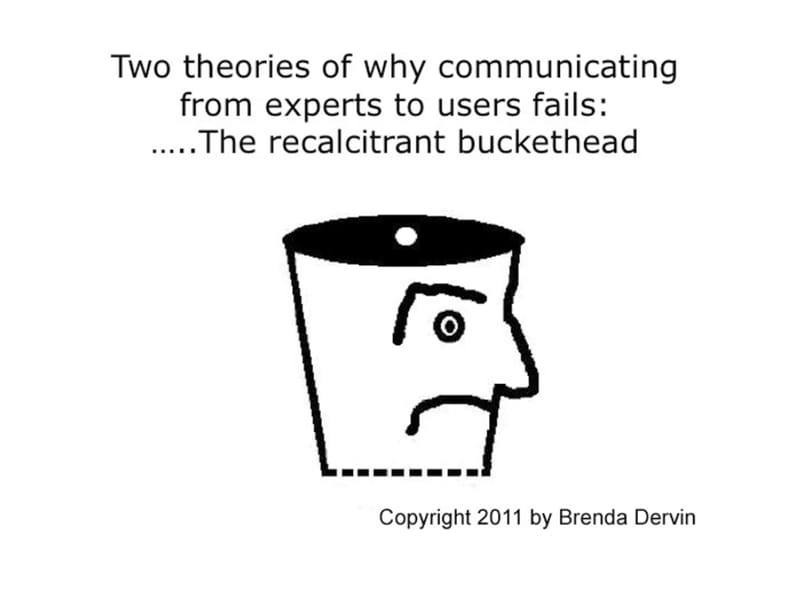
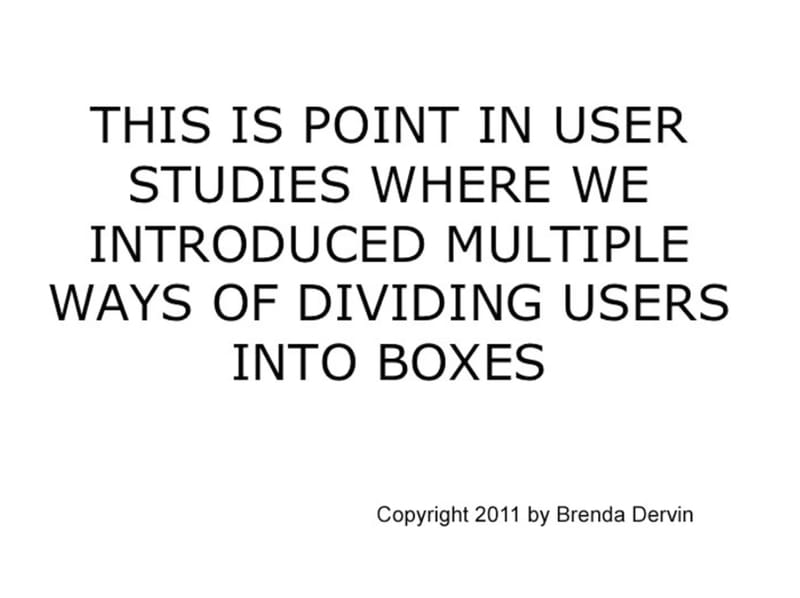
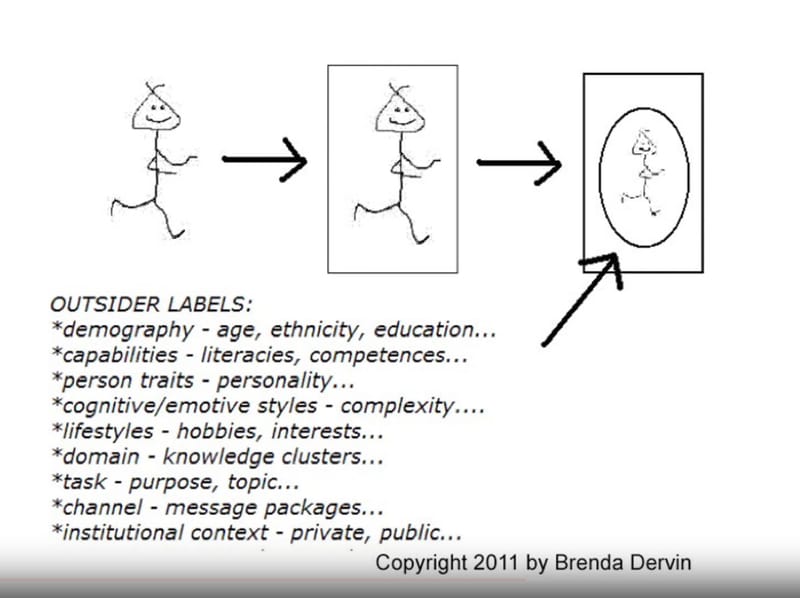
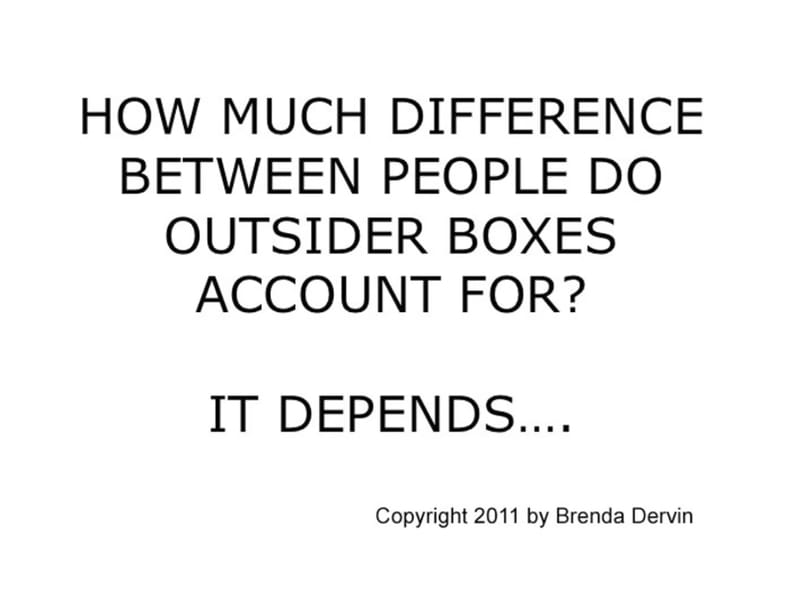
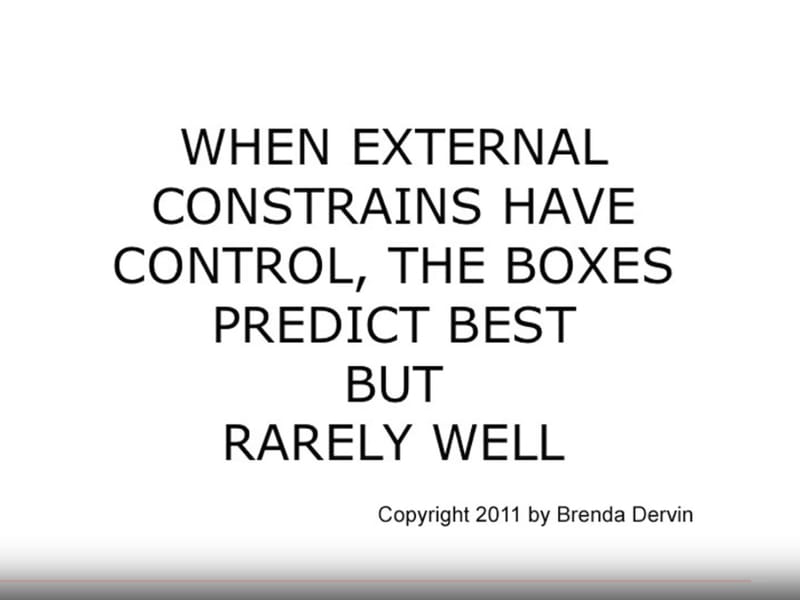
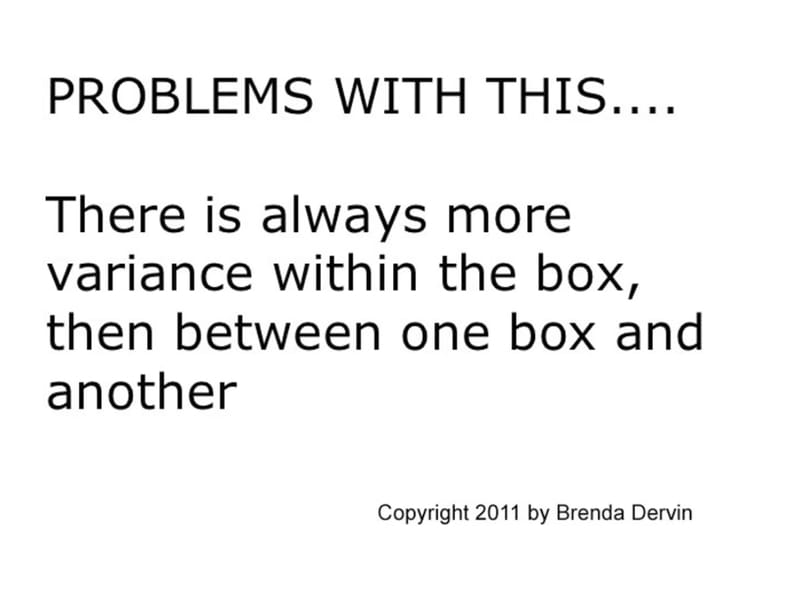
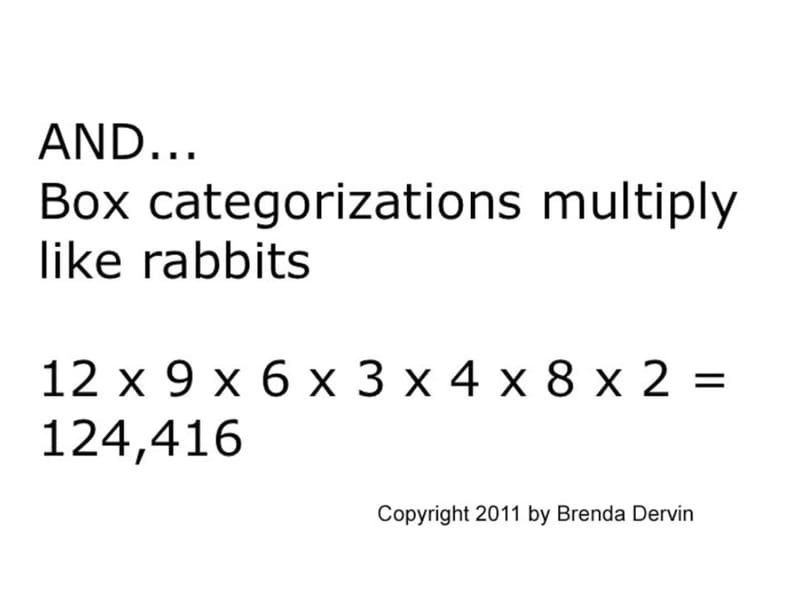
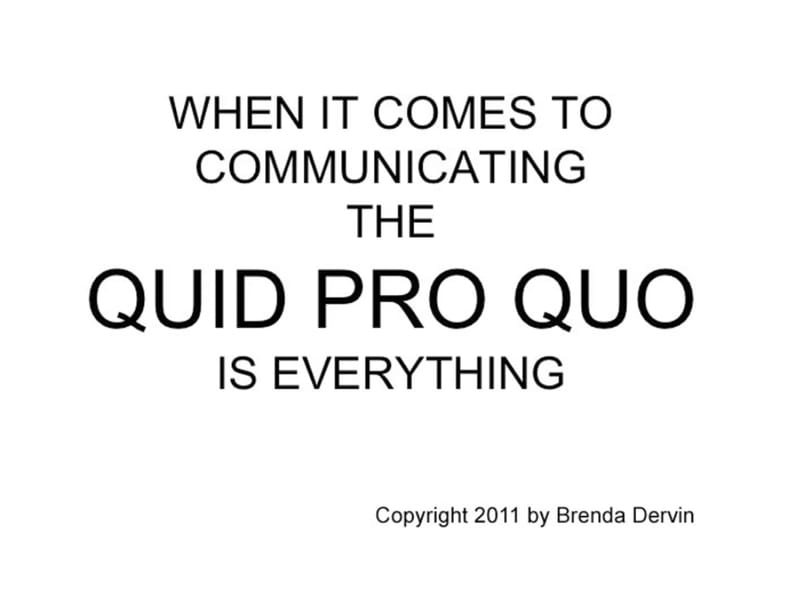
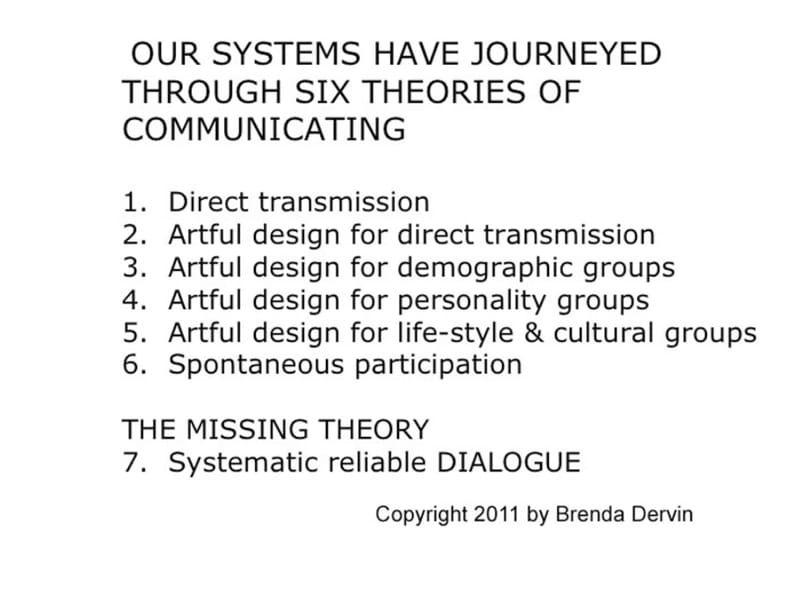
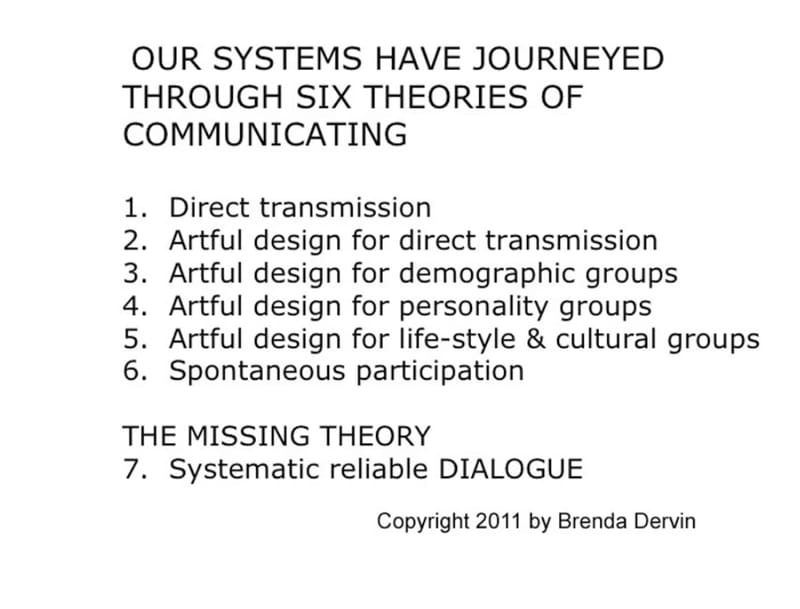
Biographical Information: Brenda L. Dervin was born on November 20, 1938 . Dr. Dervin currently is Professor of Communication, and Joan N. Huber Faculty Fellow in Social and Behavioral Sciences in the School of Communication at Ohio State University. She has previously held posts on the communications faculty of Syracuse University and the University of Washington.
Education: Dr. Dervin received her BA in journalism and home economics from Cornell University in 1960. She went on to earn both a MA (1968) and a PhD (1971) in Communications Research from University of Michigan. Dervin was also awarded an honorary PhD in social sciences from the University of Helsinki in 2000.
Contribution to Reference: Dr. Dervin’s background in the field of communications has provided a unique vantage point at which to view the work of reference librarians. She has made significant contributions to the field of reference, specifically to the nature of the reference interview. Her research and writing focus on various aspects of how people make sense of their environments. Dr. Dervin’s development of a Sense-Making Methodology has been applied to numerous disciplines, including health communication (Teekman, 2000), understanding deaf culture (Linderman, 1996), feminist studies (Clark, 1999) and workplace processes (W-Y Cheuk, 1998).
Within the reference transaction, the Sense-Making Methodology frames the interaction between user and librarian as one in which the goal is to “bridge the gap.” Dervin’s research in this area explores the idea that people generally come to the reference transaction (or another instance of communication) with an obstacle or gap in understanding that serves as a fundamental block. The role of the reference librarian, Dervin argues, is to approach the reference transaction with a goal of understanding the “gap” from the user’s perspective. Through a series of query negotiations, the librarian attempts to paraphrase the information problem, and understand the context in which the question is being asked. The librarian must also determine the depth and scope of answer that is required, and elicits any relevant constraints. Such an approach may employ a mixture of Open Questions and Closed Ended Questions; though Dervin argues that a series of Neutral Questions ought to guide the interview, with the librarian careful to avoid imposing judgments or assumptions on the information need or the potential uses for the information.
Text via https://fsulis3267.fandom.com/wiki/Brenda_Dervin
Sense-Making Definition: According the homepage of the Sense-Making Methodology Site:
“Sense-Making is an approach to thinking about and implementing communication research and practice and the design of communication-based systems and activities. It consists of a set of philosophical assumptions, substantive propositions, methodological framings, and methods. It has been applied in myriad settings (e.g., libraries, information systems, media systems, web sites, public information campaigns, classrooms, counseling services, and so on), at myriad levels (e.g., intrapersonal, interpersonal, small group, organizational, mass, national, global), and within myriad perspectives (e.g., constructivist, critical, cultural, feminist, postmodern, communitarian).”(2005)
This extensive description explains the robust nature of this methodology. This definition is qualified by: “On this site, Sense-Making (capitalized) refers to the methodology; sense-making (not capitalized) refers to the phenomena of making and unmaking of sense. ” As Dervin notes in the Sense-Making Methodology Reader, the definition is continually in flux and adapts to accommodate new research. (Dervin, 1999).
Origins: Growing from Dervin’s post-doctoral research in communication, Sense-Making developed as an attempt to bridge the distance between the polarized camps of communications theory. Indebted to the work of communications theorist Richard F. Carter, University of Washington Professor Emeritus of Communication and his work in applying communication approaches to the communications field, this methodlogy is applicable across a wide range of disciplines.
Text via http://ucla245.pbworks.com/w/page/8751501/Sense-Making